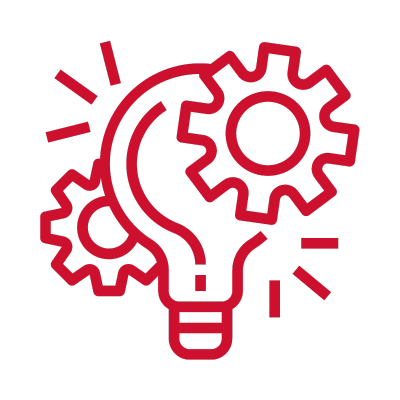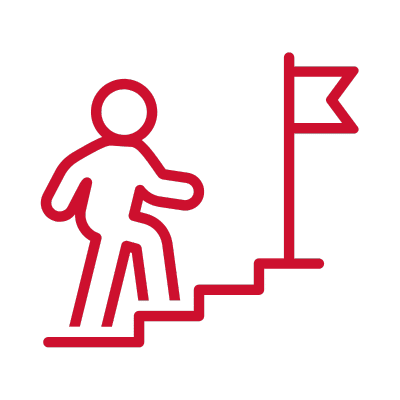
Christian Pfeiffer
Principal
+49 152 22877911
Christian.Pfeiffer@consileon.de
The current mobility transition presents significant changes and associated risks for the automotive industry. An effective Internal Control System (ICS) is essential to mitigate these risks.
A robust ICS enables the design and regular review of internal processes, creating the necessary transparency to identify and manage potential process risks as early as possible.

A crucial component of an Internal Control System (ICS) that strengthens stakeholder trust and contributes to the integrity, transparency, and effectiveness of business operations is the regular review of process risks.
External testing, in particular, builds trust and quality in the existing risk management system. The independent review by external experts enhances the objectivity and credibility of the results.
At the beginning of the project, a kickoff meeting is organized to ensure that all involved stakeholders fully understand the process, as well as their respective roles and responsibilities. During this meeting, the project goals, timeline, methodology, and communication channels are explained. It is crucial that all stakeholders, including internal and external auditors, process owners, and management, understand the importance of their involvement and are clear on the expectations placed upon them. Clear communication and alignment help avoid misunderstandings and ensure the smooth execution of the project.
In this phase, the scope of the audit is defined. Decisions are made regarding which controls and processes will be reviewed, based on their relevance and risk potential. Sampling involves selecting representative data and transactions to be tested, using defined statistical methods or risk-based approaches. The testing process is then initiated, with the relevant subject matter experts being informed about the start and requirements of the tests. This phase ensures that all necessary resources and information are provided to carry out the audit process efficiently and effectively.
During the testing phase, the established controls of the Internal Control System (ICS) are assessed for their adequacy and effectiveness. This includes performing tests to determine whether the controls function as intended and whether they effectively contribute to minimizing risks and achieving business objectives. The results of the tests are documented and analyzed to identify weaknesses and areas for improvement.
After completing the tests, the identified weaknesses and deficiencies in the ICS are evaluated. The severity of the issues is analyzed, and their potential impact on the business is assessed. Based on this evaluation, specific actions are defined to address the weaknesses. These actions can include both short-term corrective measures and long-term improvement initiatives. The goal is to continuously improve the quality and effectiveness of the ICS and ensure that similar issues are avoided in the future.
At the conclusion of the project, it is ensured that all relevant documentation and reports are handed over to the client. This includes test results, assessments, action plans, and all other important documents. Additionally, lessons learned are documented to leverage insights and experiences from the project for future audits and projects. A closing meeting with all stakeholders is held to gather feedback and reflect on the entire process. By documenting the lessons learned, best practices can be identified and integrated into future projects, further enhancing efficiency and effectiveness.

Sampling Generators, RiskRadar

Our team consists of trained experts who are familiar with the ICS process and understand the requirements for effective process control.

A particular challenge as an external tester arises when internal employees have differing assessments of the testing results.
Our approach to resolving discrepancies in testing results is to address them sustainably by not only considering the input of subject-matter experts, but also by embedding our expertise and formal requirements within the teams. This ensures a long-term improvement in the quality of the ICS.
Concrete Results:
Through our approach of sustainable improvement, we have successfully reduced the rate of weaknesses over a multi-year testing cycle, leading to long-term enhancements.
Consileon offers comprehensive expertise and tailored solutions to effectively manage your risks and achieve your business goals. Contact us today to learn more about our proven methods and successful projects, and how we can help elevate your risk management to the next level.

Christian Pfeiffer
Principal
+49 152 22877911
Christian.Pfeiffer@consileon.de
Contact us! Our experts will get back to you as soon as possible.
"*" indicates required fields